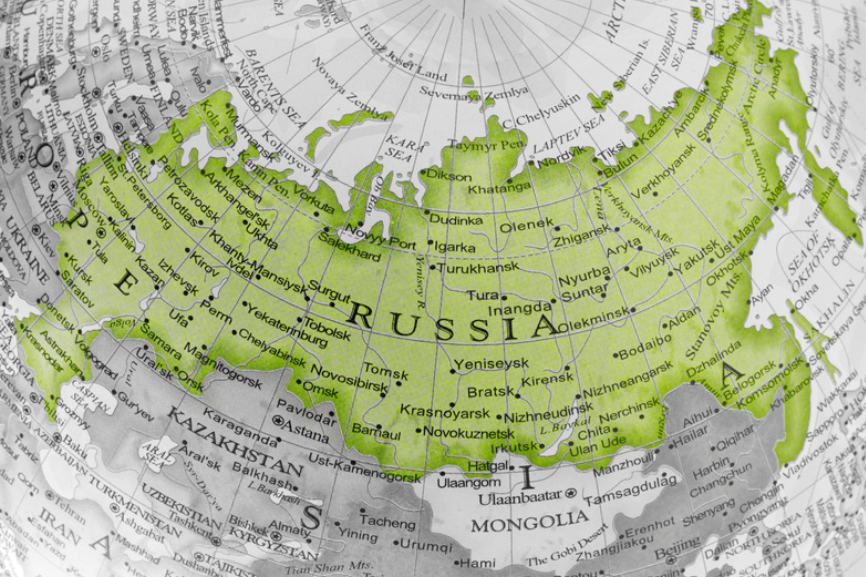Escalation of the Military Offensive in Eastern Ukraine
On Monday, Kyiv was shaken by the news of a significant military offensive launched by Russia in eastern Ukraine. In a strategic move, Russian forces concentrated their attacks on key positions within the Donetsk and Luhansk regions. Reports from Ukrainian officials indicated that some of the heaviest shelling in months occurred, as the Russian military seeks to consolidate its holdings during what has become a stalemate on the battlefield. Ukrainian Defense Minister Oleksii Reznikov remarked on the critical nature of this moment, emphasizing that the intensity of the assault illustrates a pressing need for immediate support from their allies.
Current Battlefield Dynamics
The escalation of hostilities is particularly notable as it comes just days after the one-year anniversary of Russia’s invasion. This timing serves as a reminder of the ongoing devastation faced by both military personnel and civilians alike. Ukrainian military officials have reported intense fighting around Bakhmut, a city that has emerged as a focal point of this protracted conflict. Despite relentless pressure from Russian forces, Ukrainian defenders have managed to hold onto the city, which Colonel Serhiy Cherevatyi has described as a symbol of Ukrainian resistance. Every inch of territory held, he claims, represents a victory for the nation.
Key Developments in the Offensive
Beyond Bakhmut, fighting has also surged in Luhansk, where Russian troops have reportedly entered small villages near Kreminna. In retaliation, Ukrainian forces have executed counteroffensive maneuvers aimed at curtailing the momentum of the Russian advances. Unfortunately, reports from the battlefield reveal that both sides have sustained heavy casualties, highlighting the severe human cost of this intensified conflict. The situation on the ground is fluid, underscoring the complexities and unpredictability inherent in warfare.
International Military Support for Ukraine
As this escalation unfolds, Western nations have taken steps to bolster their support for Ukraine. U.S. Secretary of Defense Lloyd Austin recently announced a substantial $2 billion assistance package, which includes long-range missile systems, armored vehicles, and advanced drones. Austin reaffirmed the unwavering commitment of the U.S. to aid Ukraine in defending its sovereignty, while other countries, including Germany and Poland, have pledged to send additional Leopard 2 tanks. Similarly, the United Kingdom has provided advanced air defense systems to strengthen Ukraine’s military capabilities during this critical juncture.
Strategic Perspectives from Russia
Analysts suggest that Russia may perceive this renewed offensive as a necessary step to influence the dynamics of the ongoing conflict, especially prior to any potential influx of Western-supplied military equipment expected in the coming spring. Russian President Vladimir Putin, during a rally in Moscow, characterized the offensive as an essential measure for defending the Motherland. He expressed unwavering determination to achieve Russia’s military objectives, suggesting that higher casualties or losses would not deter the country’s goals.
Humanitarian Crisis Deepens
The surge in military operations has only served to exacerbate the already critical humanitarian crisis in eastern Ukraine. Thousands of civilians have been forced to flee from contested areas, turning homes and villages into rubble. Reports from aid organizations indicate that it has become increasingly difficult to deliver essential supplies such as food and medicine to those trapped near the frontlines. Oksana Zhukova, a field coordinator for Doctors Without Borders, has articulated the dire situation, which is hindering access to basic necessities and complicating humanitarian efforts in the region.
Global and Diplomatic Reactions
The international community has voiced strong condemnation of Russia’s military actions, with U.N. Secretary-General António Guterres calling for an immediate cessation of hostilities and the revival of diplomatic negotiations. Guterres stated that the ongoing escalation deepens suffering and pushes all parties further away from peace. Meanwhile, China has attempted to maintain a neutral stance, urging all parties to exercise restraint and re-engage in dialogue, although it refrained from outright condemning Russia’s actions.
Conclusion and Future Prospects
As the spring thaw approaches, military experts predict that both sides are gearing up for intensified fighting. The ability of Ukraine to withstand Russia’s current offensive while leveraging incoming Western support will play a crucial role in shaping the conflict’s trajectory. The battle for eastern Ukraine continues to take a devastating toll on all involved, and there appears to be no immediate resolution in sight for a war that has drastically altered not only the immediate landscape of the region but also the global order.
FAQs
Q1: What triggered the recent escalation in eastern Ukraine?
A1: The recent escalation is attributed to a significant military offensive launched by Russia targeting key positions in the Donetsk and Luhansk regions, occurring just days after the one-year anniversary of the invasion.
Q2: What are the key battlefronts currently in focus?
A2: Key battlefronts include Bakhmut, which has become a symbol of Ukrainian resistance, and various small villages in Luhansk where intense fighting is reported.
Q3: What kind of military support has Ukraine received from Western nations?
A3: Ukraine has received an expansive military aid package, including long-range missile systems, armored vehicles, and advanced drones from countries like the United States, Germany, Poland, and the United Kingdom.
Q4: How has the humanitarian situation evolved due to the conflict?
A4: The humanitarian situation has worsened, leading to thousands of civilians fleeing and complicated efforts by aid organizations to deliver essential supplies such as food and medicine.
Q5: What are the international reactions to Russia’s military actions?
A5: The international community has widely condemned Russia’s actions, with calls from leaders such as U.N. Secretary-General António Guterres for a ceasefire and renewed diplomatic efforts, while China has called for restrained dialogue without condemning Russia.

